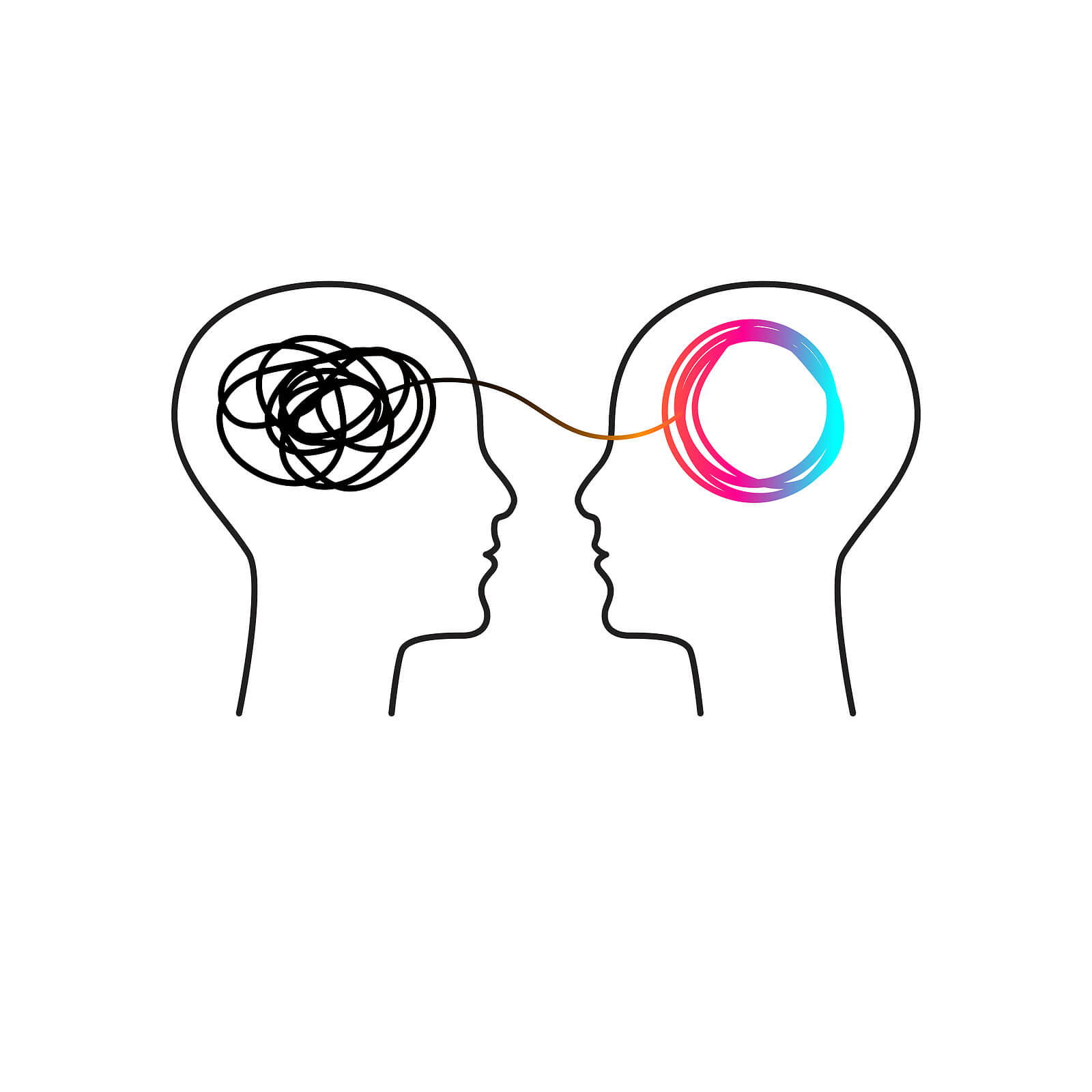Mindfulness: Practical Application

You’ve heard of mindfulness but still aren’t sure what it means.
The practice of mindfulness has gained a lot of attention recently. We may hear others talk about ways in which practicing mindfulness can improve our mood and reduce our stress, but where do you start? How exactly do you practice mindfulness? Who has the time (and patience) to meditate? There are many misconceptions about practicing mindfulness. The goal of practicing mindfulness is to increase your awareness of yourself (how you feel physically/how you feel emotionally/your thoughts) as well as your environment. This can be attained through small changes in our daily life.
Much of our life is spent multitasking, the opposite of being mindful
When explaining mindfulness to others I like to ask: “Have you ever found yourself on
‘autopilot’ while driving a familiar route? Perhaps thinking about your grocery list or an email you have to answer later and suddenly realize you have arrived at your destination and have little memory of your drive?” This (or some version of this) is usually relatable. Our brains have the amazing ability to multi-task, which can be a great benefit in our fast paced culture. It is not unusual to speak to someone on Bluetooth while driving or watch television while folding laundry. For the most part this ability to multi-task is beneficial as we try to fit our to-do list into our packed schedule.
 Multitasking isn’t always effective.
Multitasking isn’t always effective.
The practice of multi-tasking becomes problematic when you begin to feel overwhelmed or ineffective. Perhaps you misread an important email because you were on a conference call while reading emails or maybe you suddenly realize you ate far more than you intended to because you had been focused on the plot line of your favorite television show while eating dinner.
It is possible to be more mindful
Retraining your brain to connect with yourself and your environment can feel forced and unnatural at first. However, it is possible to be more mindful. Doing so can help you improve both mental and physical health. And, living your life mindfully becomes easier the more you practice.
3 Simple ways to practice mindfulness on a daily basis
 As a therapist, I often talk to clients about simple ways to incorporate mindfulness to improve mental health. These are just a few examples of ways you can practice mindfulness each day:
As a therapist, I often talk to clients about simple ways to incorporate mindfulness to improve mental health. These are just a few examples of ways you can practice mindfulness each day:
Go on a Mindful Walk
No music or phone. Use your 5-senses on your walk (what do you see? hear? smell? what is the temperature like?)
Breathing Exercise
Sit comfortably. Place one hand on your stomach and practice taking slow, deep belly breaths (focus on the sensation of air filling your lungs, your stomach rising and falling)
Mindfully Complete a Chore
Maybe you don’t have an extra 5 minutes to spare. Try clearing your mind and practicing mindfulness while washing the dishes (focus on the temperature of the water, the smell of the soap) or vaccuming (focus on the sound of the vaccum, the items in the room).
Focusing won’t be easy at first.
While you are practicing mindfulness it is normal for your mind to wander. This is normal. And, this does not mean you are failing at the activity. The goal is to raise awareness of your mind wandering, acknowledge it, and gently re-focus on the activity. The more you practice mindfulness, the easier it will become for you to re-focus.

Mindfulness Based Counseling in Philadelphia, PA
Are you or another member of your family struggling right now? Our goal at Main Line Counseling Specialists is to provide every member of the family with the specialized support they deserve to improve their mental health and thrive. Our team of expert mental health therapists provide collaborative services for families who need individualized treatment including offering counseling services to teens, young adults, adults and couples. It’s not unusual for different therapists in our practice to see various members of our family and to work together as needed. so that our treatment planning has the well being of the entire family in mind.
Other Services Offered with Main Line Counseling Specialists
 While all of our therapy services integrate the concept of living consciously in the moment, we can make our counseling as mindfulness based as you’d like. So, if you’re tried to integrate mindfulness into your daily life without much success, please mention that and our therapists will be glad to help you find simple ways to practice it on a daily basis. Whether you’re looking for individual therapy, premarital counseling, couples & marriage counseling or just support during a stressful life transition, our therapists have the skills and the compassion to help.
While all of our therapy services integrate the concept of living consciously in the moment, we can make our counseling as mindfulness based as you’d like. So, if you’re tried to integrate mindfulness into your daily life without much success, please mention that and our therapists will be glad to help you find simple ways to practice it on a daily basis. Whether you’re looking for individual therapy, premarital counseling, couples & marriage counseling or just support during a stressful life transition, our therapists have the skills and the compassion to help.
We are based out of Philadelphia (technically our counseling office is in Paoli, PA) but also able to offer online counseling services to anyone in the state of Pennsylvania.
Lastly, our Licensed Professional Counselors offer clinical supervision to new professionals motivated to grow as clinicians. We’re able to provide support to clinicians gaining experience in various specialties within mental health and pride ourselves on being very supportive of the Pennsylvania clinicians we supervise.
